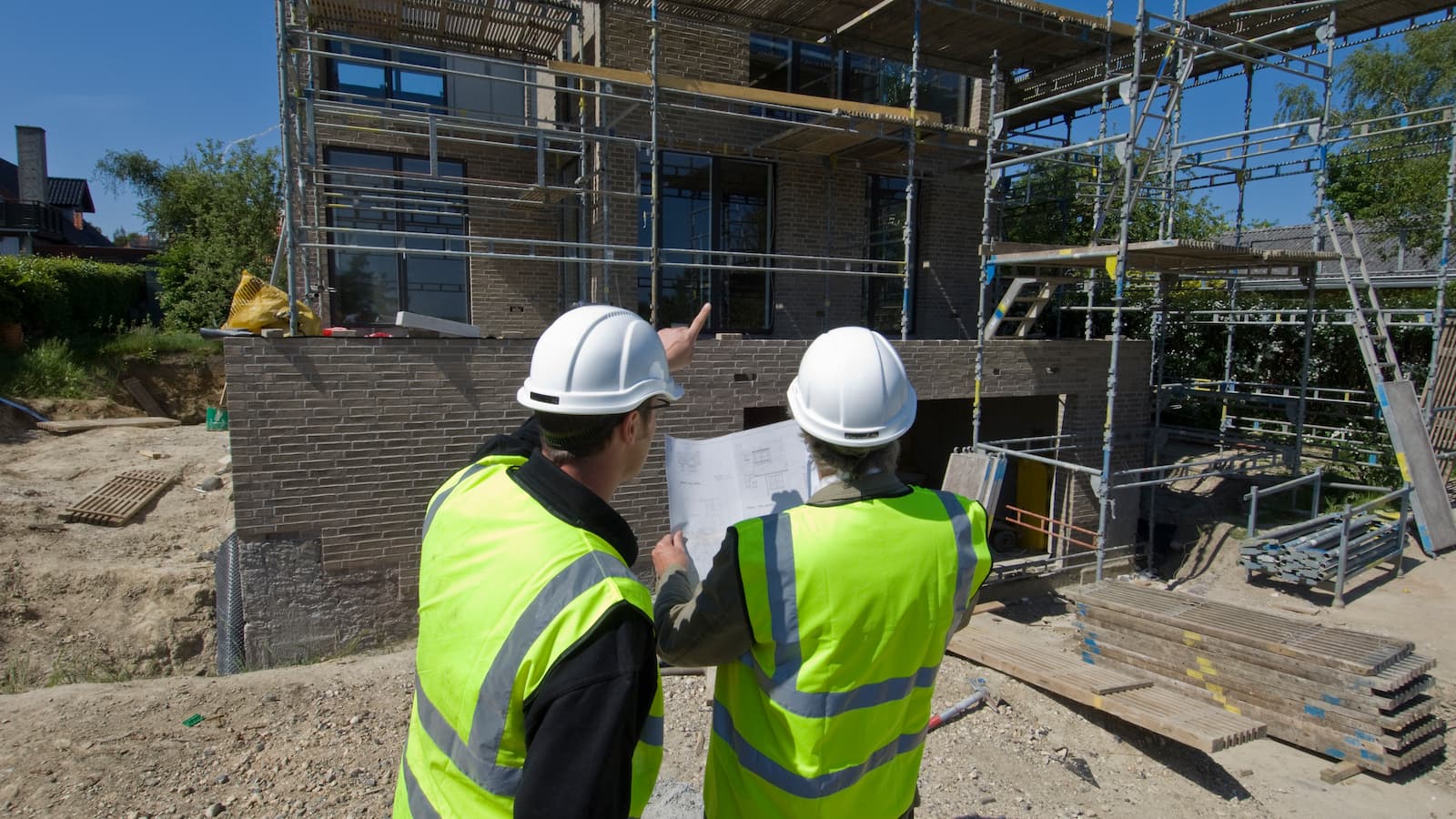Brothers say they paid £105k for bat and newt surveys despite no evidence of them being on site
The brothers claim they were forced to carry out the survey, which also delayed their project by almost a year, because there was a pond and an old roof

Two brothers were forced to wait a year and pay £105,000 in survey costs as the house they were told their building may be housing bats and newts.
Damien and Michael Wynne, who own a small developer company called Q New Homes, were told an old roof and pond on a plot could be habitats for great crested newts and bats and needed to be tested.
We look at why their house survey cost so much as well as how new biodiversity laws also affected their project.
£105k spent on surveys, licenses and new habitats
The brothers were told by an ecologist that they had to delay their project or it may disrupt bat and great crested newt habitats.
This delay took almost a year and added further costs to themselves. Damien added: “The surveys and mitigation measures also cost a fortune – £35,000 in total.
“That’s more than we spent on the Italian kitchen with all its appliances and the utility room. Of course it’s important to protect the environment, though if we treated people the same as animals, we would have a much nicer world.”
The brothers were also forced to pay for environmental DNA (eDNA) tests, licenses to remove the bats and newts and new habitats that cost £105,000 altogether.
Get the Homebuilding & Renovating Newsletter
Bring your dream home to life with expert advice, how to guides and design inspiration. Sign up for our newsletter and get two free tickets to a Homebuilding & Renovating Show near you.
Why did they have to do this?
New Biodiversity Net Gain regulations aim to improve and protect existing habitats, such as endangered species like great crested newts and bats.
In the case of Damien and Michael Wynne they were forced to delay their project despite there being no evidence of the creatures, simply due to an ecologist saying environmental DNA (eDNA) tests needed to be carried out because of a pond and old roof on the site.
Damien Wynne said: “Although this was a very poorly maintained pond with no physical sign of newts, there was a DNA signature and it was our duty to check it out and mitigate any risks to the species.
“We are actually keeping the pond and improving it, and as well as building extremely environmentally friendly homes, we are also putting in a host of other measures, from bird boxes to bee bricks. We are doing the very best we can for the environment.
“Even though no physical bat was ever seen, the ecologist identified an old roof as a potential habitat so they had to watch as we lifted every roof tile individually, rotated it to inspect the underside and then removed it."
The eDNA tests can only be carried out in May and June, as this is when newts breed, and typically cost around £250, however, this is in addition to biodiversity surveys, which can be thousands of pounds, as well as the house survey costs and cost of delaying a project.
Damien stated they were forced to pay "an extra six-figure bill" that had to be paid upfront.
What is the punishment for harming animal habitats?
Ignoring an ecologists survey and or breaking biodiversity net gain measures will result in fines and potentially result in a prison sentence.
Failing to meet biodiversity net gain's 10% target will mean biodiversity credits will have to be purchased or else planning permission could be removed.
Specifically disturbing bat or great crested newt habitats can result in an unlimited fine and can also result in a prison sentence of up to six months.
However, Michael Holmes, Homebuilding & Renovating's self build expert, explains: “It is rare for a project to be prevented due to protected species, but the impact of the costs can make a project financially unviable.”
He adds that if bats or newts are suspected to be present then newt and bat surveys can only be produced "at specific times of year" and if found a licence is required to move them, which can be obtained from Natural England.

News Editor Joseph has previously written for Today’s Media and Chambers & Partners, focusing on news for conveyancers and industry professionals. Joseph has just started his own self build project, building his own home on his family’s farm with planning permission for a timber frame, three-bedroom house in a one-acre field. The foundation work has already begun and he hopes to have the home built in the next year. Prior to this he renovated his family's home as well as doing several DIY projects, including installing a shower, building sheds, and livestock fences and shelters for the farm’s animals. Outside of homebuilding, Joseph loves rugby and has written for Rugby World, the world’s largest rugby magazine.
